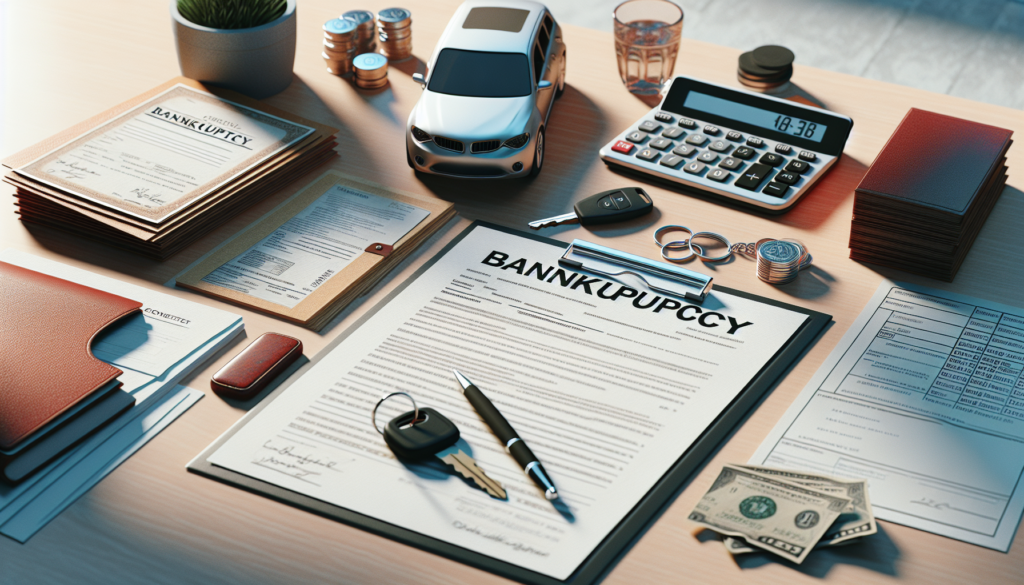
Filing for Chapter 7 bankruptcy requires gathering a comprehensive set of documents to provide a clear picture of your financial situation. These documents are crucial for filling out the bankruptcy forms accurately and for the trustee to verify your assets, debts, income, and expenses. Here’s a list of the common documentation needed to file for Chapter 7 bankruptcy:
- Identification and Social Security Verification
- Photo ID (driver’s license, passport, or state ID)
- Social Security card or a document that legally verifies your Social Security number
- Financial Records
- Bank statements from the last six months for all accounts
- Investment account statements
- Retirement account statements
- Income Documentation
- Recent pay stubs (usually the last six months)
- Profit and loss statements if you are self-employed
- Evidence of any other sources of income (rental income, unemployment benefits, etc.)
- Tax Returns
- The last two years of federal and state tax returns
- Debt Information
- Credit card statements
- Loan documents (mortgage, car loans, student loans, personal loans, etc.)
- Collection letters and any legal paperwork related to your debts
- A credit report to ensure all debts are accounted for
- Property and Asset Documentation
- Deeds for any real estate you own
- Vehicle registration and titles
- Valuation or appraisal documents for significant assets
- Documentation of any other valuable assets (jewelry, art, etc.)
- Living Expenses
- Recent utility bills
- Receipts for daily living expenses
- Lease agreements or mortgage statements
- Legal Documents
- Any divorce decrees, child support orders, or alimony orders
- Documents related to any ongoing or past legal proceedings
- Insurance Policies
- Health insurance
- Auto insurance
- Homeowner’s or renter’s insurance
- Additional Documentation
- Any documents related to inheritances or large financial gifts
- Records of any unusual financial transactions or losses
Preparing to File
- Credit Counseling: Before you can file for Chapter 7 bankruptcy, you must complete a credit counseling course from an approved agency within 180 days before filing.
- Bankruptcy Forms: You’ll need to accurately fill out a series of bankruptcy forms, which include schedules and statements detailing your financial status.
Gathering these documents can be time-consuming, but it’s a crucial step in the bankruptcy process. It ensures that your bankruptcy petition is accurate and complete, which can help avoid delays or issues with your case. If you’re unsure about what’s needed or how to obtain certain documents, consulting with a bankruptcy attorney can provide guidance and ensure you’re well-prepared for your filing.


Get a Free Bankruptcy Case Evaluation